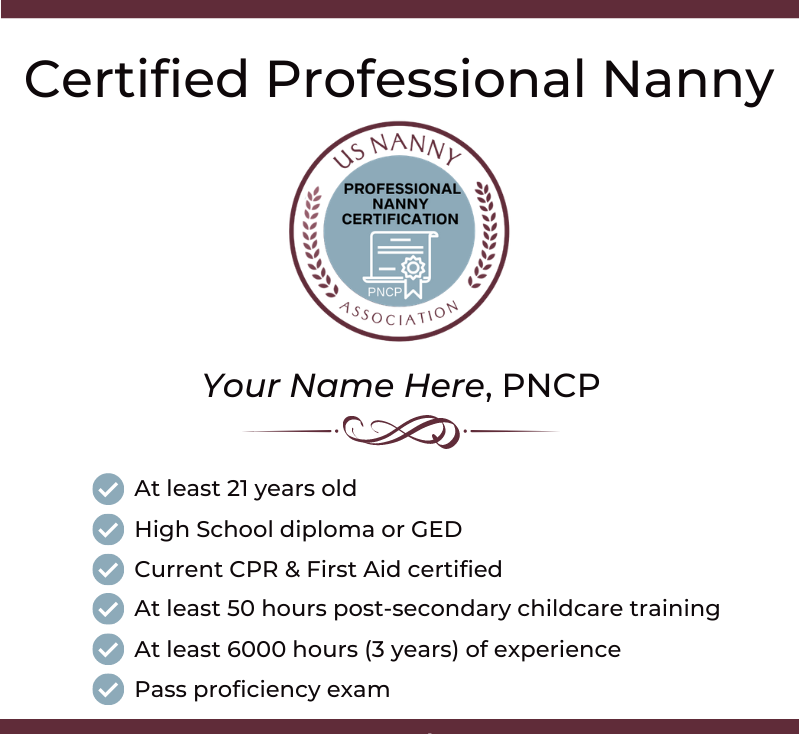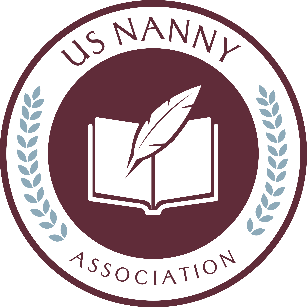Nannies Guide to Balance Playtime and Learning for Effective Child Development
In the realm of early child development, nannies play a pivotal role in shaping a child’s future. Striking the delicate balance between playtime and learning is crucial for a child’s growth and development. As an academic expert in early child development, I’m excited to share insights and strategies that nannies can employ to strike the right balance between play and learning. In this article, we will explore the significance of this equilibrium, discuss the benefits of play-based learning, and provide practical approaches for nannies to implement.
The Importance of Balancing Play and Learning
- A Holistic Approach to Child Development Balancing playtime and learning is essential for holistic child development. Play and learning are interconnected aspects of a child’s development, contributing to their cognitive, emotional, social, and physical growth when balanced effectively.
- Fostering a Love for Learning Early childhood is a critical period for nurturing a love for learning. Incorporating play into educational activities makes learning enjoyable and sets a positive foundation for a child’s lifelong learning journey.
- Enhancing Creativity and Problem-Solving Skills Playtime encourages creativity, imagination, and problem-solving skills. Nannies who strike the right balance help children develop the ability to think critically and solve real-world problems.
The Benefits of Play-Based Learning
Play-based learning is a powerful tool that nannies can harness to promote child development. Here are some key advantages:
- Stimulating Cognitive Development Play-based learning stimulates cognitive development by promoting exploration, curiosity, and discovery. Activities like building with blocks or solving puzzles enhance problem-solving skills and critical thinking.
- Building Social and Emotional Skills Play provides opportunities for children to interact with others, fostering essential social and emotional skills such as empathy, cooperation, and conflict resolution. Nannies can facilitate cooperative play and encourage positive social interactions.
- Language Development Through play, children develop language skills as they engage in conversations, storytelling, and role-playing. Nannies can support language development by actively participating in these activities and introducing new vocabulary.
Practical Strategies for Nannies
Nannies can employ several strategies to effectively balance playtime and learning:
- Structured Playtime Create a daily routine that includes dedicated playtime and learning activities. Having a structured schedule allows children to anticipate and engage in both types of activities.
- Incorporate Learning into Play Integrate learning into play by choosing educational toys, games, and activities. For example, counting while playing with building blocks or identifying shapes during outdoor adventures.
- Outdoor Exploration Outdoor play offers a wealth of learning opportunities. Nature walks, gardening, and observing the environment can spark a child’s curiosity about the world around them.
- Storytelling and Reading Reading aloud and storytelling are excellent ways to combine play and learning. Choose age-appropriate books and engage children in discussions about the story’s themes or characters.
- Document Progress Keep a record of a child’s development through photos, drawings, or journal entries. This not only serves as a learning tool but also provides a sense of accomplishment for the child.
Balancing playtime and learning is a delicate art that nannies can master to enhance a child’s development. By recognizing the interplay between these two facets, nannies can create a nurturing environment where children thrive intellectually, emotionally, and socially. Embracing play-based learning as an integral part of early child development not only enriches a child’s life but also strengthens the bond between nannies and the children they care for. In the hands of a caring and knowledgeable nanny, play becomes a powerful tool for education, and learning becomes an adventure that sets the stage for a child’s lifelong journey of discovery and growth.
The US Nanny Association provide the highest certification requirements in our industry. You can learn more about get certified as a Nanny, Newborn and Infant Specialist or Professional Nanny.

We want to thank all the nannies, advocates and business leaders who provide practical tips and insight to elevate our industry. Thank you for sharing your expertise.
The US Nanny Association issues the highest certification requirements in our industry as they require training, work experience, passing an industry exam, a background check and current CPR and First Aid:
- Certified Nanny
- Certified Newborn and Infant Professional
- Certified Professional Nanny
